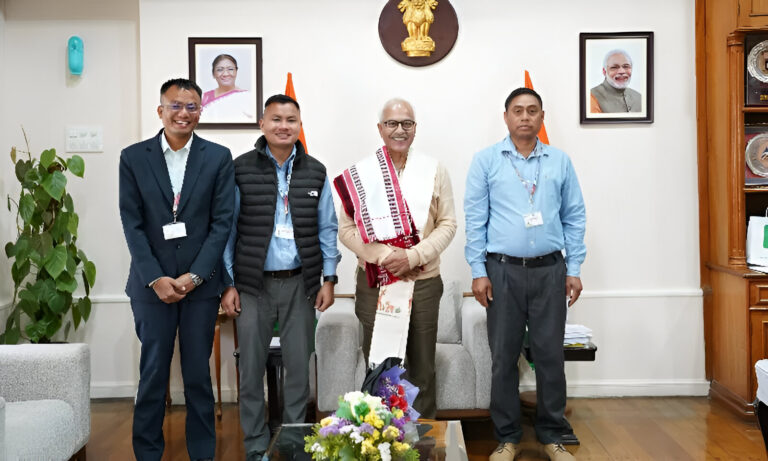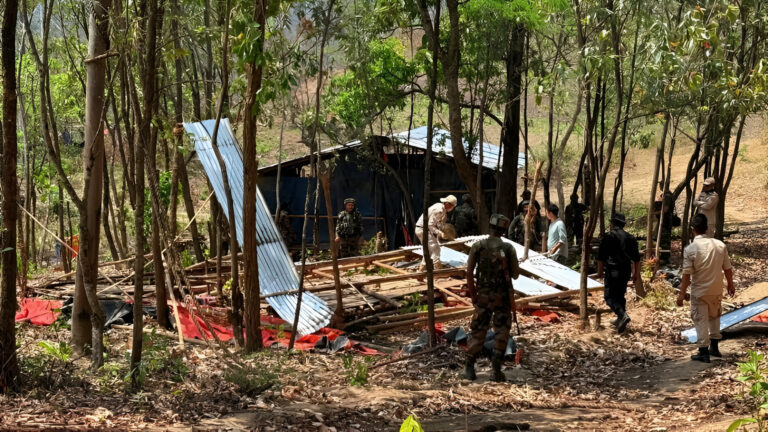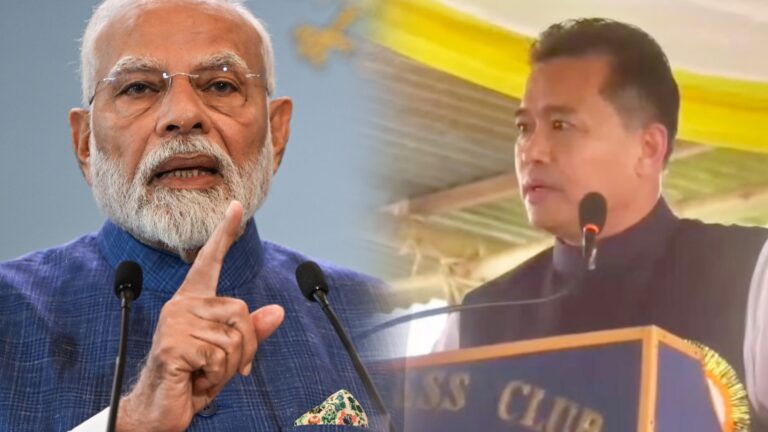Manipur Government Hits Out At Mizoram CM, Alleges “secessionist agenda”
Summary of the Issue
The Manipur government has strongly criticized Mizoram Chief Minister Zoramthanga for allegedly promoting a separatist agenda amid the ethnic tensions in Manipur. This statement comes in response to Zoramthanga’s support for the Kuki-Zo community and his call for international attention to the situation. Manipur’s Chief Minister, N. Biren Singh, accused Zoramthanga of exacerbating the crisis and undermining efforts to restore peace in the region.
Detailed Article
Understanding the Tensions: A Backstory
Ethnic violence in Manipur has been ongoing since May 2023, predominantly between the Meitei and Kuki-Zo communities. This conflict has led to over 250 deaths and widespread displacement. Efforts to mediate peace have been marred by political divisions and accusations of bias from various stakeholders. The central government, local authorities, and neighboring states like Mizoram have all played roles—sometimes contentious—in attempting to address the crisis.
Mizoram’s Involvement and Allegations
Mizoram’s Chief Minister Zoramthanga has vocally supported the Kuki-Zo community, many of whom share cultural and ethnic ties with the Mizos. His public statements advocating for international intervention and highlighting alleged atrocities against Kukis have drawn ire from Manipur’s leadership. Chief Minister Singh’s administration claims these actions are politically motivated and serve to deepen the divide between communities.
Zoramthanga’s position is further fueled by Mizoram’s acceptance of refugees from Manipur, which has strained relations between the two states. Manipur’s government views this as tacit support for secessionist movements, an allegation strongly denied by Mizoram.
Political Fallout
The rhetoric from both sides has intensified. Manipur’s leaders argue that Mizoram’s interference undermines sovereignty and law enforcement. In contrast, Mizoram contends that the humanitarian aspect of the crisis cannot be ignored. The central government is under pressure to mediate effectively without alienating either party.
What’s at Stake?
The stakes are high. Prolonged ethnic violence could destabilize the region further, affecting development, security, and interstate relations. Calls for President’s Rule and separate administrative zones for ethnic groups add complexity to an already volatile situation.
Efforts Towards Resolution
Both state and central governments have proposed measures to restore peace, including talks with community leaders, tighter law enforcement, and economic aid to affected regions. However, mutual distrust remains a significant barrier. The involvement of third-party mediators, as suggested by Mizoram, could provide a fresh perspective but is contentious due to concerns over sovereignty and neutrality.
FAQs
- What led to the ethnic violence in Manipur?
Historical land disputes and tensions between the Meitei and Kuki-Zo communities have escalated over issues like land rights and political representation. - Why is Mizoram involved in the Manipur crisis?
Mizoram shares ethnic and cultural ties with the Kuki-Zo community and has provided refuge to many displaced by the violence. - What is the stance of the Manipur government?
Manipur’s government accuses Mizoram of interfering in its internal affairs and promoting a separatist agenda, allegations denied by Mizoram. - Has the central government taken any steps?
The central government has deployed security forces, initiated peace talks, and is closely monitoring the situation, though demands for President’s Rule remain divisive. - What is the current status of the crisis?
The situation remains tense, with ongoing political disputes, occasional violence, and efforts to mediate peace facing significant challenges.




